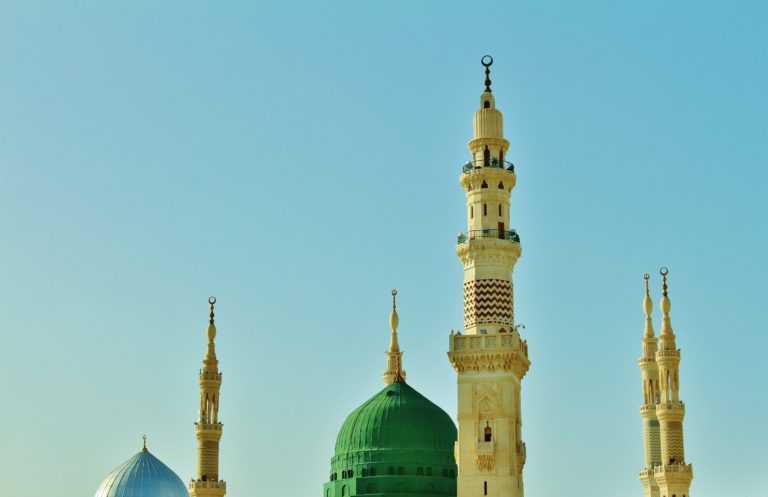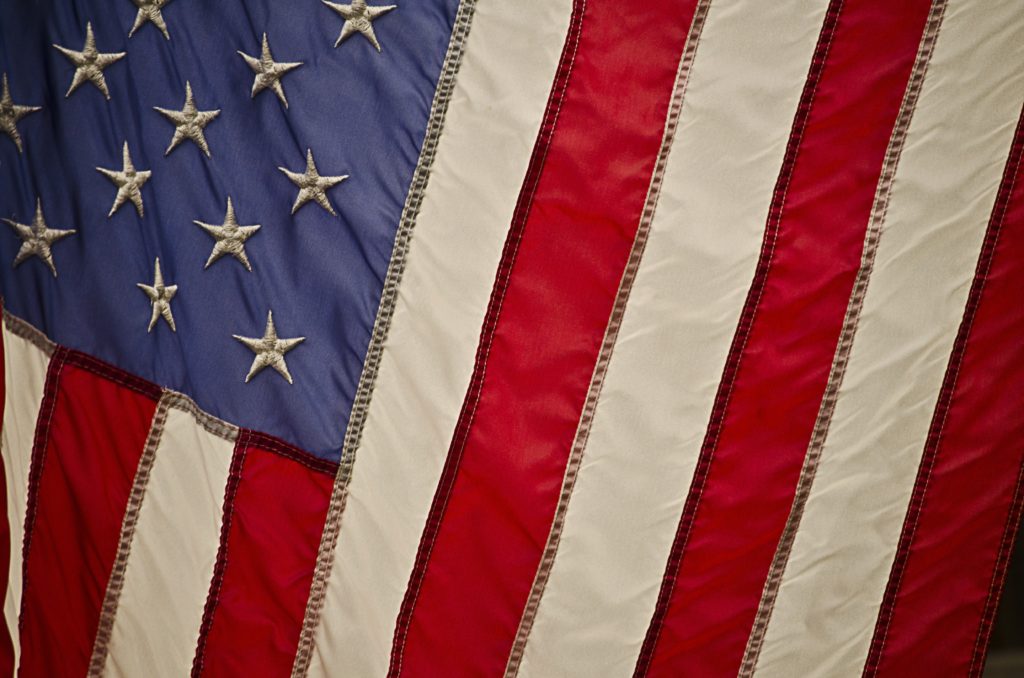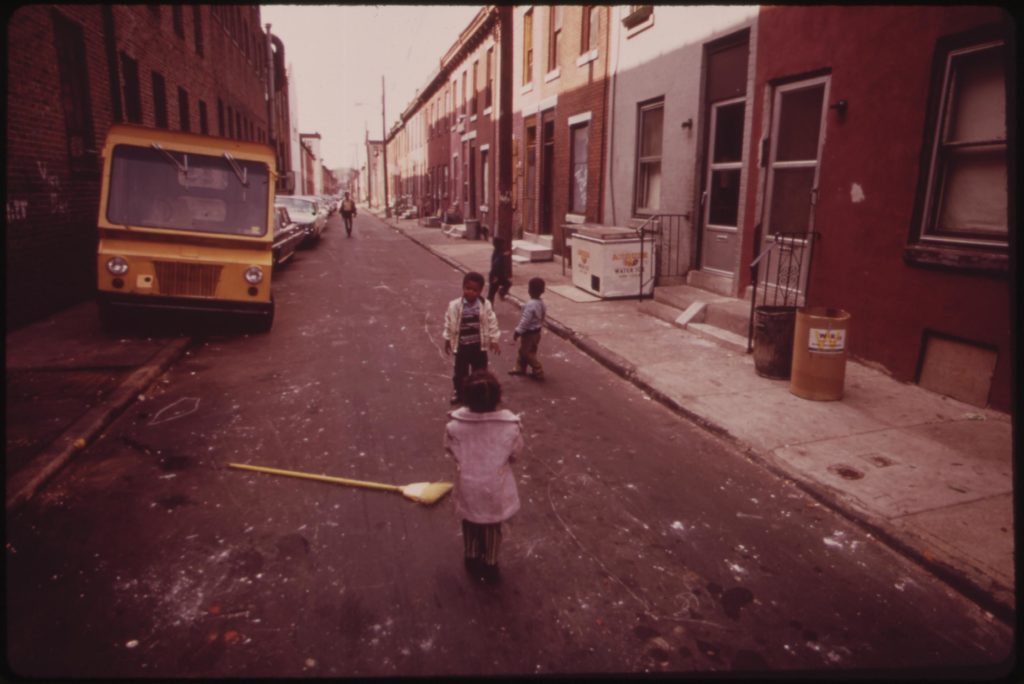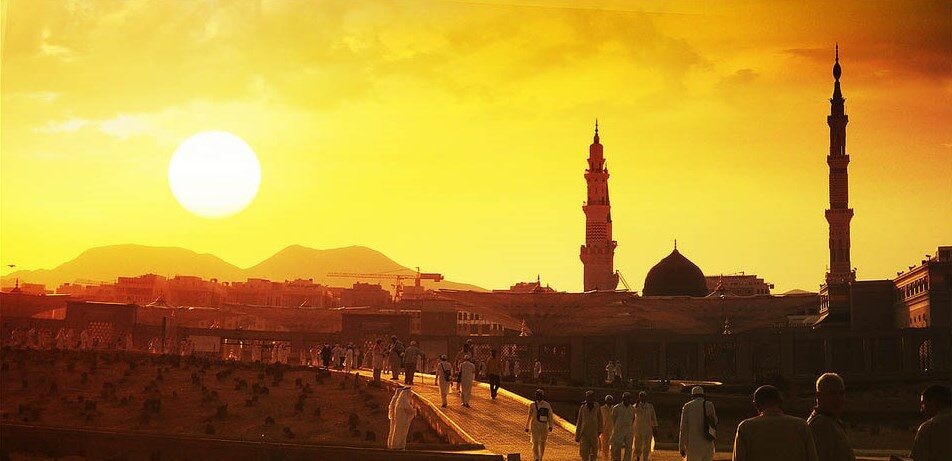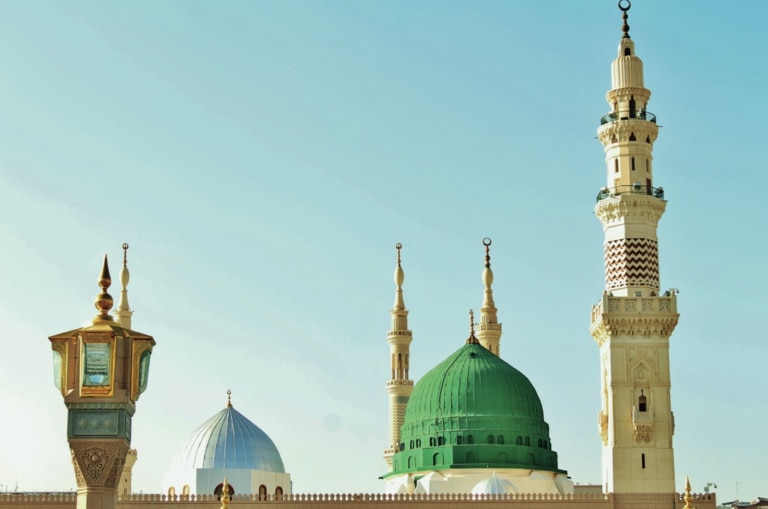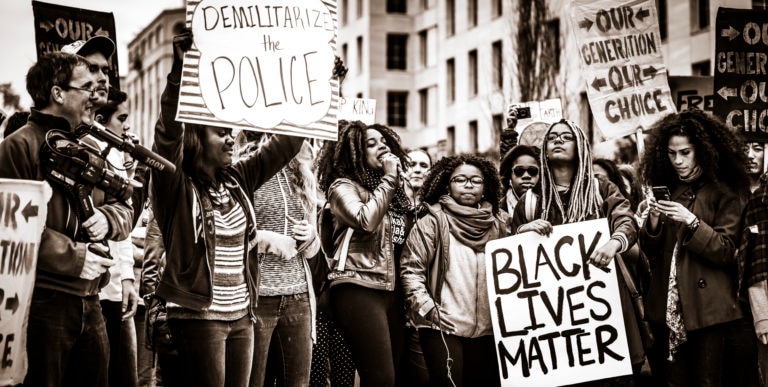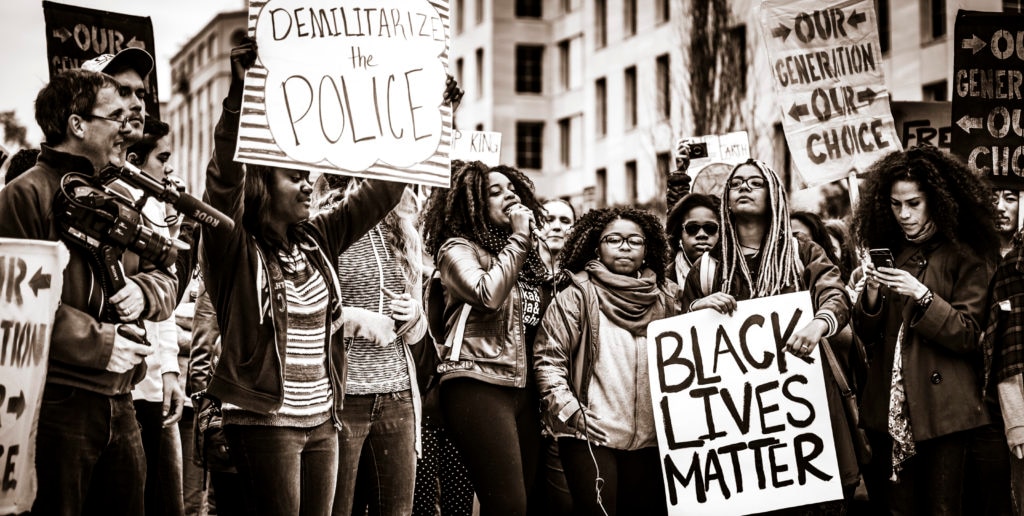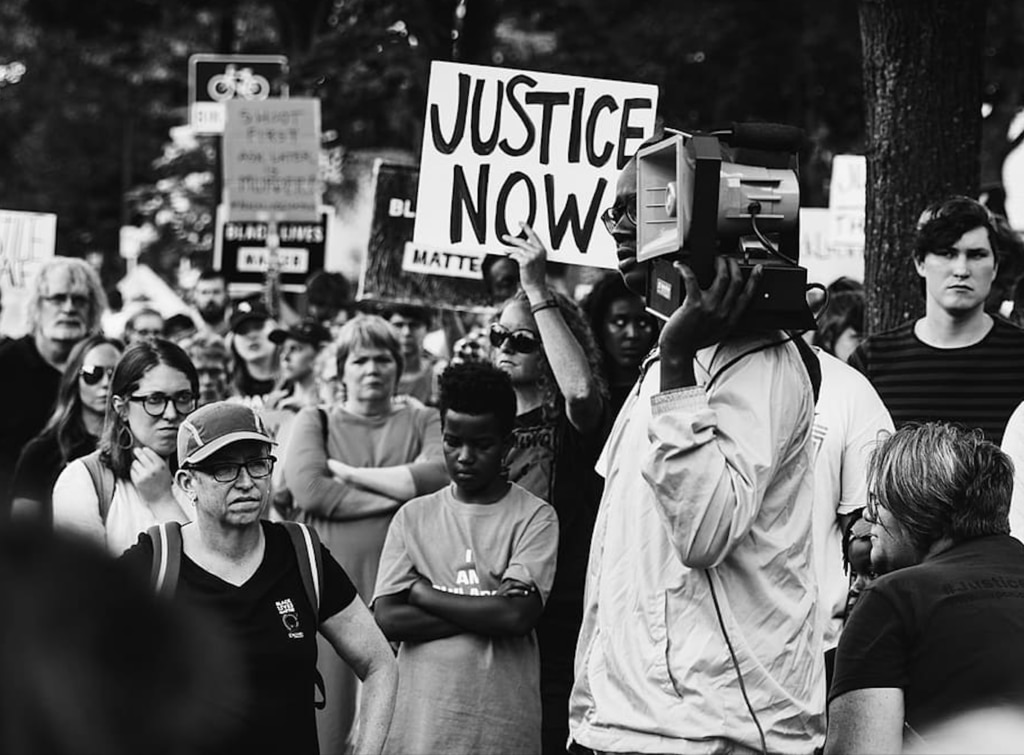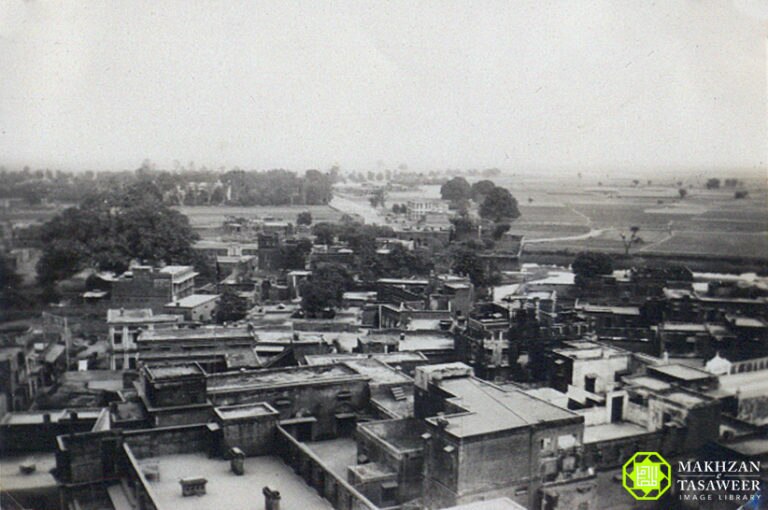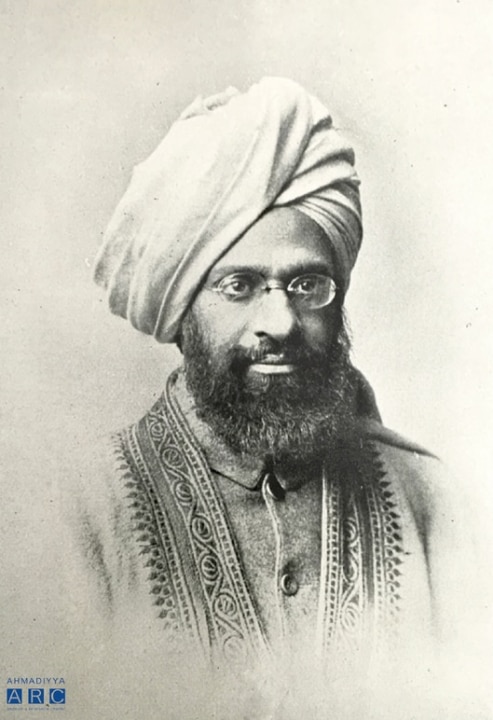The Promised Messiah and Mahdi, Hazrat Mirza Ghulam Ahmadas had complete certainty and firm faith in the revelations he received from God Almighty.
An unfounded and foul objection is made against the Promised Messiahas that he cannot be considered a prophet of God as many mentally impaired and delusional people also firmly believe their inspirations to be divine revelations.
By raising this question, such people are giving the impression that prophets do not possess complete faith and belief in the revelation of God. This perception is erroneous. Soon after revelations begin to descend upon prophets of God, they see God’s support and help. They observe the acceptance of their prayers. The revelations they receive bear glad tidings and they witness these prophecies being fulfilled with their own eyes.
As a result, they become fully convinced of the revelations to be from the Almighty.
At first, they themselves become certain about the truth of their revelations. After they reach the stage where they are absolutely sure, people are also invited towards God’s message. As a result of their firm belief in God’s revelations, they claim that their opponents will fail in spite of their great numbers and abundance of material resources and that they themselves will succeed, regardless of meagre means and absence of worldly riches.
Witnessing the fulfilment of the claim s prophets make, people believe in them. Owing to this true faith and perfect belief, they endure all kinds of suffering but do not leave their prophets. The claim of Prophet Noahas is mentioned in the Holy Quran:
وَ اُمِرۡتُ اَنۡ اَکُوۡنَ مِنَ الۡمُسۡلِمِیۡنَ
“And I have been commanded to be of those who have submitted.” (Surah Yunus, Ch.10: V.73)
Prophet Mosesas made the same announcement:
وَ اَنَا اَوَّلُ الۡمُؤۡمِنِیۡنَ
“And I am the first to believe.” (Surah al-A‘raf, Ch.7: V.144)
The Holy Prophetsa announced this in a similar way:
وَ اَنَا اَوَّلُ الۡمُسۡلِمِیۡنَ
“And I am the first of those who submit.” (Surah al-An‘am, Ch.6: V.164)
Hence, the statement of the opponents that the Promised Messiah’sas complete belief in the revelation of God cannot be a proof of the truth of his claim cannot be accepted because it contradicts the truth stated in the Holy Quran.
As far as the argument, that there are some delusional people who think they receive revelations and they also believe in them is concerned, this is not a new objection. The deniers of all prophets, seeing the true faith of prophets in their revelation, their sufferings in the way of God and the pattern of all kinds of sacrifices, still object that the claimants of prophethood are mentally impaired.
The opponents recognise that the prophets being deprived of worldly resources and their opponents enjoying abundance in numbers and influence, declare day and night that they will succeed and their opponents will fail, but they consider the prophets to be delusional. Hence, the Holy Quran describes the people of Prophet Noahas. Allah the Almighty states:
کَذَّبَتۡ قَبۡلَہُمۡ قَوۡمُ نُوۡحٍ فَکَذَّبُوۡا عَبۡدَنَا وَ قَالُوۡا مَجۡنُوۡنٌ وَّ ازۡدُجِرَ
“The people of Noah rejected the truth before them; aye, they rejected Our servant and said, ‘A madman and one who is spurned.’” (Surah al-Qamar, Ch.54: V.10)
Referring to the remarks of Pharaoh to Prophet Mosesas, God Almighty states:
وَ قَالَ سٰحِرٌ اَوۡ مَجۡنُوۡنٌ
“And he said, ‘A sorcerer, or a madman.’” (Surah al-Dhariyat, Ch.51: V.40)
Mentioning the opponents of the Holy Prophetsa, Allah Almighty says:
وَ یَقُوۡلُوۡنَ اِنَّہٗ لَمَجۡنُوۡنٌ
“And they say, ‘He is certainly mad.’” (Surah al-Qalam, Ch.68: V.52)
In fact, talking about all the prophets as a whole, God Almighty states:
کَذٰلِکَ مَاۤ اَتَی الَّذِیۡنَ مِنۡ قَبۡلِہِمۡ مِّنۡ رَّسُوۡلٍ اِلَّا قَالُوۡا سَاحِرٌ اَوۡ مَجۡنُوۡنٌ
“There came no Messenger to those before them, but they said, ‘A sorcerer, or a madman!’” (Surah al-Dhariyat, Ch.51: V.53)
The above verses of the Holy Quran show that it is not new for the adversaries to call the Promised Messiahas insane and mentally ill. This is a common practice of those who oppose prophets. The same allegation was levelled against Hazrat Mirza Ghulam Ahmadas. For this reason, Allah Almighty says:
بَلۡ قَالُوۡا مِثۡلَ مَا قَالَ الۡاَوَّلُوۡنَ
“But they say like what the former people said.” (Surah al-Muminun, Ch.23: V.82)
مَا یُقَالُ لَکَ اِلَّا مَا قَدۡ قِیۡلَ لِلرُّسُلِ مِنۡ قَبۡلِکَ
“Nothing is said to thee but what was said to the Messengers before thee.” (Surah Ha Mim al-Sajdah, Ch.41: V.44)
Hence, every prophet of God faces allegations that were raised against the earlier prophets as well. The Promised Messiahas said in one of his couplets:
انبیاء کے طور پر حجت ہوئی اُن پر تمام
اُن کے جو حملے ہیں اُن میں سب نبی ہیں حصہ دار
“The proof, like that of the prophets, was completed against them. Their objections against me are such as would apply to all prophets.” (Barahin-e-Ahmadiyya Part IV, p. 176 [English Translation])
The Promised Messiahas stated:
“The way God has treated me is not such as has no parallel in the case of any other prophet. There is no objection that has been raised against me that cannot also be raised against another prophet. Therefore, the condition of those who, at the time of raising an objection against me, fail to reflect that their objection can also be levelled against other prophets is very dangerous indeed and the danger is that such persons may well die as atheists.” (The Philosophy of Divine Revelation, pp. 708-709 [Translation of Haqiqatul Wahi])
He reiterated:
“I have repeatedly announced that even if all my opponents from the east and the west jointly try, they cannot raise any objection against me which was not raised earlier against one or the other of the past Prophets.” (Ibid, p. 721)
On another occasion, the Promised Messiahas said:
“Take the same answers from us as God Almighty has been ultimately giving to those people who have been objecting to prophets. They should present such objections before us that cannot be raised against any earlier prophet.” (Malfuzat, Vol. 5, p. 257)
Allah the Almighty lays down certain points in Surah al-Qalam to dispel this objection of the opponents that (God forbid) the Holy Prophetsa was mad or delusional. God says:
نٓ وَ الۡقَلَمِ وَ مَا یَسۡطُرُوۡنَ
“By the inkstand and by the pen and by that which they write.” (Surah al-Qalam, Ch.68: V.2)
In this verse, pen, ink and the writings written by them are presented as the first argument. So, consider this argument in light of the Promised Messiah’sas truthfulness. Today, the opponents of Ahmadiyyat also take articles from books of the Promised Messiahas and copy them in their books.
For instance, an opponent of the Ahmadiyya Jamaat, Maulvi Ashraf Ali Thanwi was present in the Indian subcontinent. He wrote a book called Ahkam-e-Islam Aqal Ki Nazar Mein [The commandments of Islam in the eyes of reason]. There are several places in this book where even the title of a given subject is the exact phrase of the Promised Messiahas and the rest of the subject is also copied verbatim from his book. Thus, taking articles from the books of the Promised Messiahas, publishing them in their own name, still imposing a fatwa of disbelief on him and propagating day and night that he was a disbeliever, out of the pale of Islam and an enemy of Islam shows that their hearts certainly acknowledge the glory and greatness of the Promised Messiahas.
A conference of religions was held in Lahore in December 1896 and the organisers invited representatives of all religions to speak on the five questions set by the organisers in light of the teachings of their respective religions. Hence, the essay of the Promised Messiahas addressing those five questions was read out in the conference, and which is published under the name of Philosophy of the Teachings of Islam.
We request the readers to study this book and bear witness to God in their hearts whether the author of this book, the Promised Messiahas was (God forbid) insane or had the support of God.
Before that conference, Allah Almighty gave the Promised Messiahas the good news that his essay would prevail over all others. It so happened that the venue, where there were thousands of listeners and people of all religions, was unanimous in agreeing that the time of other speakers should be given to the lecture of the Promised Messiahas. The keenness of the audience testified to the truthfulness of God’s revelation and the superiority of Islam through the Promised Messiahas.
The Promised Messiahas also invited all religions to compete in acceptance of prayers, but no one came forward. The Promised Messiahas stated:
“Now, let it be known that in the Holy Quran, Allah the Almighty has promised four extraordinary signs of divine support for the pious and true believers. These signs form the ideal criteria for identifying the perfect believer. And they are:
“First, that the perfect believer frequently receives glad tidings from Allah, i.e., he is given good news of the fulfilment of his own desires or those of his friends.
“Second, that such hidden matters are revealed to him as relate not only to himself and to those connected with him, but such a chosen believer is also made cognizant of the divine decree that is going to manifest itself in the world, or of the things that are going to befall some eminent people of the world.
“Third, that most prayers of the perfect believer find acceptance, and the news of their acceptance is often given beforehand.
“Fourth, that the perfect believer is granted, more than anyone else, the comprehension of the finer points and deeper meanings of the Holy Quran, as well as its subtleties and wondrous characteristics.
“In all of these four signs, the perfect believer enjoys relative preponderance over others. Although it cannot be taken as a rule that the perfect believer should always receive glad tidings from Allah, or that all his prayers should be accepted without exception, or that he should be informed of every event or calamity, or that the deeper meanings of the Quran should be revealed to him at all times; still – when compared to others – preponderance lies with the true believer in all these four signs. Although it is possible that other people, such as less perfect believers, be given an occasional portion of these bounties, yet only the true believer can be regarded as the true recipient of these blessings.
“It is true, of course, that the perfect station of the believer cannot manifest itself to the less-illumined and the shortsighted people unless it is viewed in comparison. Therefore, a contest is the simplest and clearest way of identifying the true and perfect believer. Even though these signs are generally shown by a true believer, their one-sided demonstration entails some problems. For example, some people who are fated not to succeed, and destiny’s hand has irrevocably written against them, sometimes request the perfect believer to pray for them. These ill-fated people may not experience the sign of acceptance of prayer with regard to the perfect believer and may be led into greater doubt. They cannot, due to their personal deprivation, witness the sign of acceptance [of prayer] at the hands of the perfect believer. Even though the perfect believer enjoys a high station in the sight of Allah, and many a complicated problem is set right for his sake and through his supplications, and some destinies that seem irreversible are also altered, yet the fate that is truly irreversible can never be altered even by the prayers of the perfect believer – not even if he is a prophet or a messenger. In short, the perfect believer, though he does not always prevail, is clearly set apart from his opponents in respect of all these four signs. Therefore, when it has been established that a true and perfect believer receives a much larger share of glad tidings, acceptance of prayer, revelation of the unseen and of the deeper meanings of the Quran, there can be no better way of testing the perfect believer and his adversary than holding a contest between the two.
“In other words, if there is any doubt as to who is a perfect believer in the sight of Allah and who is lesser in status, the two ought to be tested with regard to these four signs. In the contest, these four signs should be the standard for determining who measures up to them and who falls short.
“Let people bear witness that I, purely for the sake of Allah and for the manifestation of the truth, agree to such a contest with all my heart and soul. Miyan Nadhir Husain Daihlwi [of Delhi] is the first amongst those who ought to enter the contest against me. For over 50 years, he has been teaching the Quran and hadith, yet the practical demonstration of his learning is such that he issued a fatwa of heresy against me without any enquiry or investigation and misled thousands of savage-like people into uttering profanities against me. He let loose Batalvi against me as a demented beast, foaming at the mouth with curses and declarations of heresy, while he arrogated to himself the status of the perfect believer and Shaikh-ul-Kul, and the Shaikh of Arabs and non-Arabs. He, therefore, is the first one whom I invite to the contest.
“Of course, he may bring with him Batalvi – who now claims to have true dreams, as well as Maulvi Abdul Jabbar Sahib, son of that good man the late Maulvi Abdullah Sahib, and also Maulvi Abdur Rahman of Lakkhukay, who has published a revelation declaring me forever misguided, and has issued a fatwa of heresy against me.
“He may also bring with him Maulvi Muhammad Bashir Sahib of Bhopal, who is one of his followers. And if – as is his custom – Mian Sahib shies away from the contest, then these other personages mentioned above should come forward. And if they too should seek the path of escape, then Maulvi Rashid Ahmad Sahib of Gangauha should muster up the courage for this contest, since he is foremost amongst the party of [Mian Sahib’s] followers. Anyone else – from amongst the famed and celebrated sufis, saints and hereditary divines – who, like these religious scholars, considers me to be a kafir, an impostor, and an inveterate liar, is welcome to join him.
“If all these people turn away from the contest and refuse to accept my invitation by means of lame and unreasonable excuses, then Allah’s argument shall be complete against them in all respects. I am the appointed one, and the glad-tiding of victory has been given to me. I, therefore, call all the persons mentioned above to a contest against me. Is there anyone who dares to stand up against me?” (The Heavenly Decree, pp. 24-28 [Translation of Asmani Faislah])
Then on another occasion, the Promised Messiahas called upon all the clergymen of India and announced:
“Thus O Priests! Behold, I stand resolute for this work. If you desire that the difference between truth and falsehood become manifest through God’s decree and God’s verdict, then come, let us fight in a field with prayers so that the liar may be exposed. Be certain that there is a God and indeed, His Omnipotent Being exists and He always supports the righteous. So whoever of us is truthful, God will surely support him. Remember that the person who is vile in the sight of God will see humiliation after this war and he who is dear to Him will be honoured.” (Majmua Ishtiharat, Vol. 2, p. 254 [old edition])
Regardless of repeated invitations, nobody had the courage to accept his challenge and thereby proved by their actions that the Promised Messiahas was not delusional but had the support and assistance of God Almighty. Lastly, we present the verse of the Holy Quran, which expresses that the hearts of the opponents recognise the truthfulness of the prophets but they continue to deny them with their mouths. Allah Almighty states:
وَ جَحَدُوۡا بِہَا وَ اسۡتَیۡقَنَتۡہَاۤ اَنۡفُسُہُمۡ ظُلۡمًا وَّ عُلُوًّا ؕ فَانۡظُرۡ کَیۡفَ کَانَ عَاقِبَۃُ الۡمُفۡسِدِیۡنَ
“And they rejected them wrongfully and arrogantly, while their souls were convinced of them. See then, how evil was the end of those who acted corruptly!” (Surah al-Naml, Ch.27: V.15)

